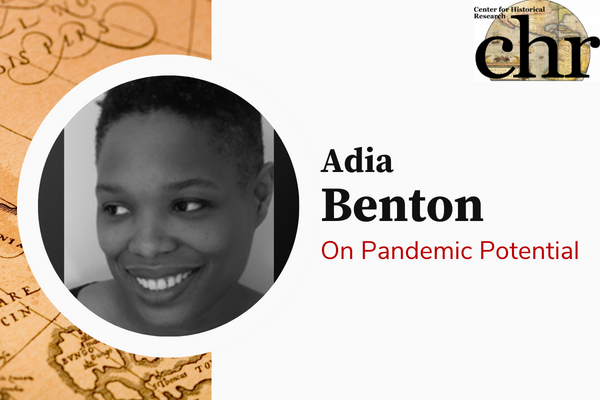
Promoted by the Mershon Center for International Studies
Adia Benton is a professor in Cultural Anthropology at Northwestern University. She is the author of HIV Exceptionalism: Development through Disease in Sierra Leone ( 2015), Winner, 2017 Rachel Carson Prize, Society for The Social Studies of Science.
Event co-sponsored by the College of Public Health and the Department of African and African American Studies.
In the aftermath of the West African Ebola crisis, the World Bank along with WHO, reinsurers and a catastrophic risk modeling firm, developed the Pandemic Emergency Financing Facility (PEF). The aim of the PEF was to leverage private investment to rapidly finance pandemic emergency responses in poor countries. The construction and design of the PEF hinges upon a definition and formal mathematical rendering of what they’ve described as ‘pandemic potential.’ Pandemic potential—the idea that certain pathogens are more likely than others to cause mass sickness across national borders and over a short period of time -- signals a particular relationship between pathogens and public health scientists’ prophetic relation to the past. While much has been written about temporal ideologies governing pandemic preparedness and discourse, less has been said about the categories of person/human and place/geographies that ‘pandemic potential’ also presumes and produces. In this conversation, I hope to discuss what all of this means in relation to race, finance capital, and geography, via a close reading of the bond’s documentation, interviews with key players in the development of the bond, and other critical analyses of the public health’s financialization.
